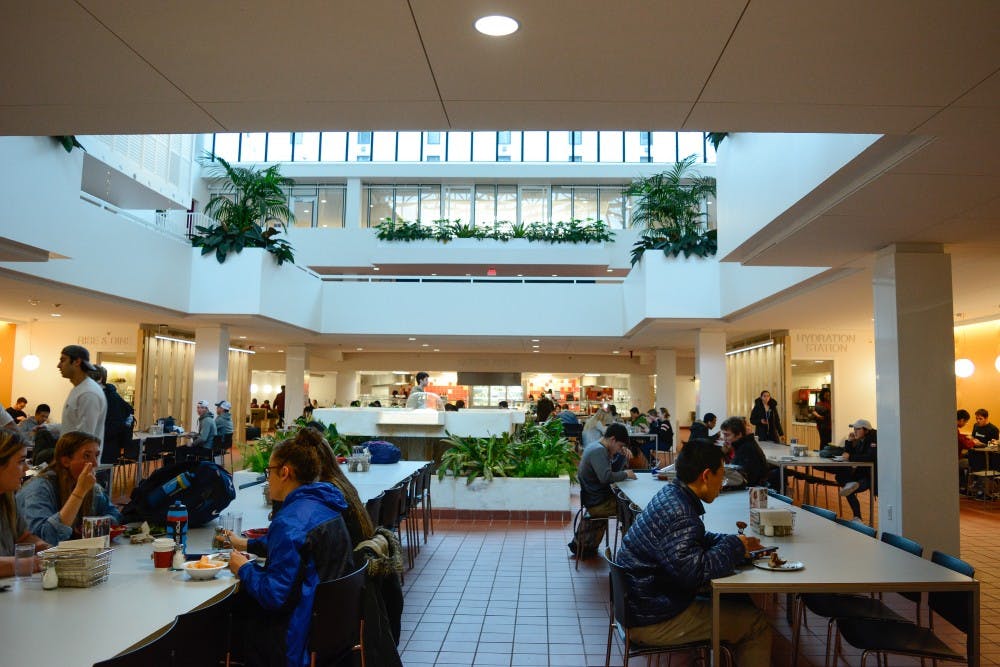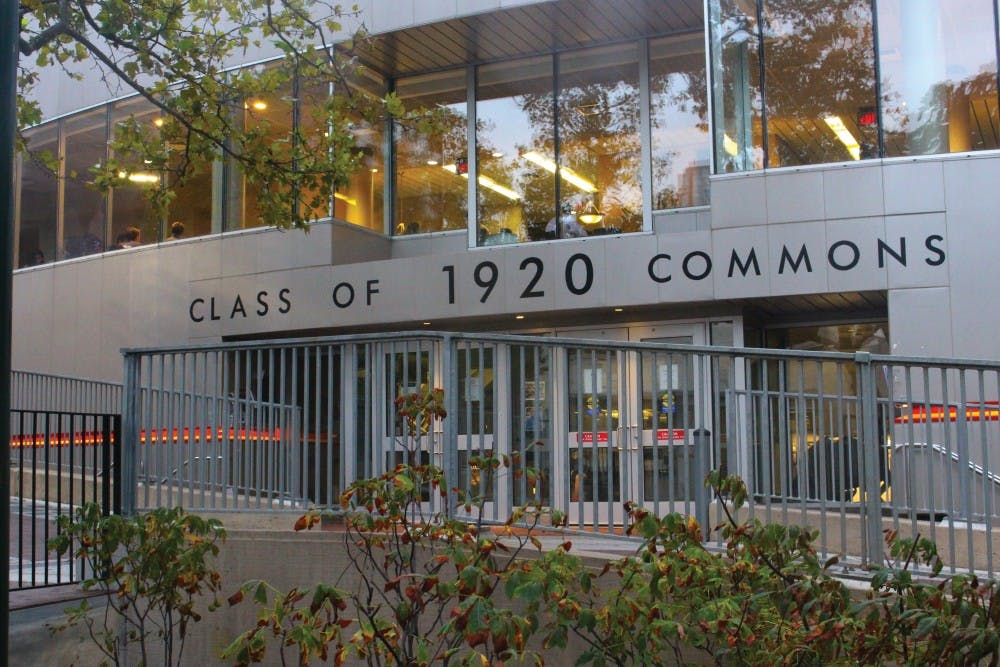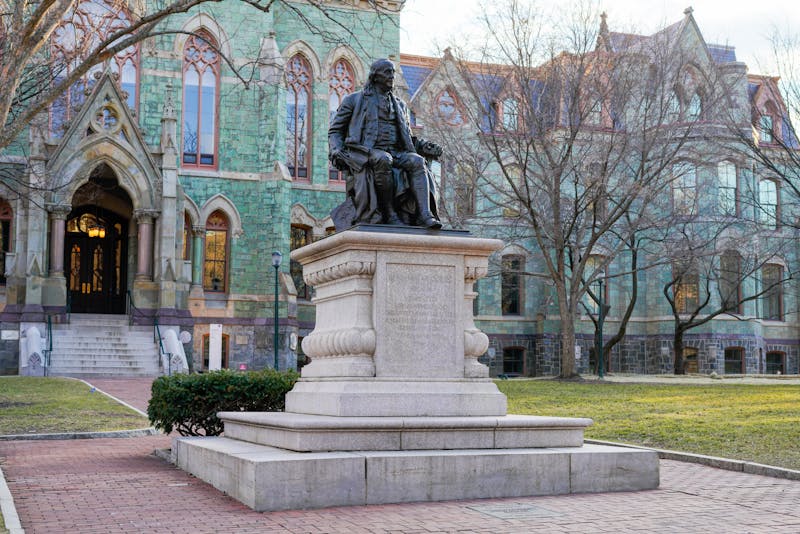
The “late night option” at Hill Dining Hall is only available Sunday to Thursday, 9 p.m.-12 a.m.
Credit: Mona LeeResearch has consistently shown that the later you stay up, the hungrier you become.
Penn students are certainly familiar with this phenomenon, as a 2016 study ranked the University second among colleges with the latest average bedtime on a school-night (1:22 a.m.). While this may not seem that late, many stay up way past this time, with all-nighters as ubiquitous as fliers on Locust Walk.
Considering that, to my knowledge, students don’t have any plans of going to bed sooner, the University should consider implementing a 24-hour dining hall, or, at the very least, either charging its students less for meal plans, or not mandating them for freshmen. All of these solutions would benefit the student body, and particularly Penn’s small but very much present low-income population.
From Monday to Thursday, the latest the dining halls remain open is 9 p.m. While there is a so-called “late night option” — at Hill and McClelland Dining Halls — it is only available Sunday to Thursday, 9 p.m.-12 a.m., and serves less food than it serves earlier in the day. The same is true for the hours of Penn’s popular retail options such as Houston Market, Gourmet Grocer, Pret, and Tortas Frontera (which is set to close at the end of the semester). Even Mark’s Cafe, open until 2 a.m., doesn’t take into account night owls who stay up far past then. Retail dining options also operate on dining dollars, which are a lot harder to come by than swipes. Additionally, taking food out of the dining hall in a to-go box to save for later costs an additional two dollars after the first time.
The weekends have even earlier closings, ranging from 7 p.m. to 8 p.m. depending on the dining hall, which is even more inconvenient, considering many students go to bed later on weekends than they do on weeknights.
Yet, for these limited hours of service, the first-year meal plan costs an incredible $5,416, which Penn makes mandatory for freshmen. To top it off, most freshmen do not have a kitchen, resulting in most if not all of their “free” calorie intake coming from Penn dining. While upperclassmen have more options, including the possibility to completely go off the meal plan, some students stay on, and thus would benefit from the extended hours as well, even if they do have a kitchen.

Many upperclassmen have left meal plans behind, relying instead on groceries, cooking and restaurants.
The pricing and inadequate availability of Penn’s dining options forces students to either spend their own or more of their families’ money on food, or, for those who can’t afford to do so, to be hungry.
Penn dining halls are often seen as stress-relievers, where students can take a much-needed break from their studies and hang out with, and talk to, their friends. Just like students need to decompress around lunch and dinner time, chances are, if they’re working late into the night or early in the morning, they’d appreciate that break then as well. While one way to foster this type of comforting, tension-free environment would be to build a 24-hour diner in place of Frontera, simply extending the hours of an already existing dining hall is an easier and less costly solution — for both the students and the University.
Understandably, extending dining hall hours requires more money to pay for the longer shifts and/or additional staff. But I’m sure that somewhere in our $71,200, and soon to be $73,960 tuition, Penn can find the means to cover this difference. Our services should be comparable to those of our peer institutions like Columbia, which, after implementing a 24-hour dining option, even claimed that doing so “[would] not change meal plan pricing.”
The bottom line is: if Penn can’t figure out a way to make its $5,000+ meal plan actually sustain its students, then it shouldn’t force its students to live off it. And if the University wants to better the mental and physical health of its students, and prevent them from having to spend their own money just to avoid going to bed hungry, it needs to seriously re-evaluate. We can’t all afford to Uber Eats.

HADRIANA LOWENKRON is a College freshman studying Urban Studies and Journalism. Her email address is lowenkron@thedp.com.
The Daily Pennsylvanian is an independent, student-run newspaper. Please consider making a donation to support the coverage that shapes the University. Your generosity ensures a future of strong journalism at Penn.
Donate






